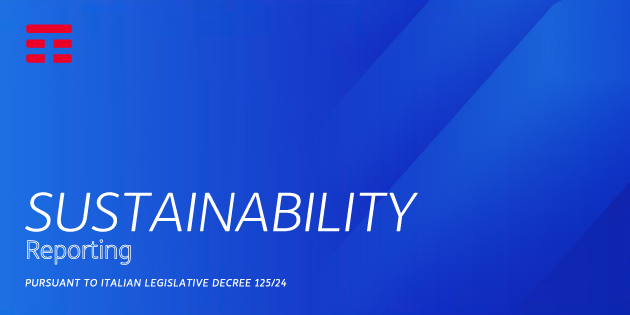In TIM's Environmental Policy, all Group companies recognise that they can and must contribute to sustainable development, in consideration of their impact on the economic, social and technological scenario of the countries and territorial areas where they operate.
The World Commission on Environment and Development defines sustainable development as a "process of change in which the exploitation of resources, the direction of investments, the orientation of technological development and institutional change are made consistent with future as well as present needs".
TIM's concrete commitment on this front began a long time ago, when in 1996 we were among the founders of the ETNO Corporate Responsibility Charter as one of the first TLC operators to recognise our responsibility towards the environment.
Subsequently, our commitment continued through a number of important milestones, including joining the UN Global Compact in 2002 and the Joint Audit Cooperation (JAC)[1] in 2009 as a founding member.
Since 2015, we have been making some of the UN Sustainable Development Goals our own by including them among the priority issues for our company and our stakeholders, issues that are well-represented in our materiality matrix.
Every year we are listed on the main Sustainability indexes, including the Dow Jones Sustainability Index, and we participate in the Carbon Disclosure Project (CDP).
We want to formally establish our commitment to minimising the environmental footprint of our activities with the Policy document, setting concrete objectives shared by the entire Group:
- adopting management procedures to protect the environment;
- reducing direct and indirect greenhouse gas emissions;
- selecting suppliers, partners, products and services based on environmental sustainability criteria as well;
- applying environmental sustainability criteria when assessing possible mergers and acquisitions;
- allocating human, technological and economic resources for actions to protect the environment;
- recommending variable remuneration for achieving objectives with a positive environmental impact.




